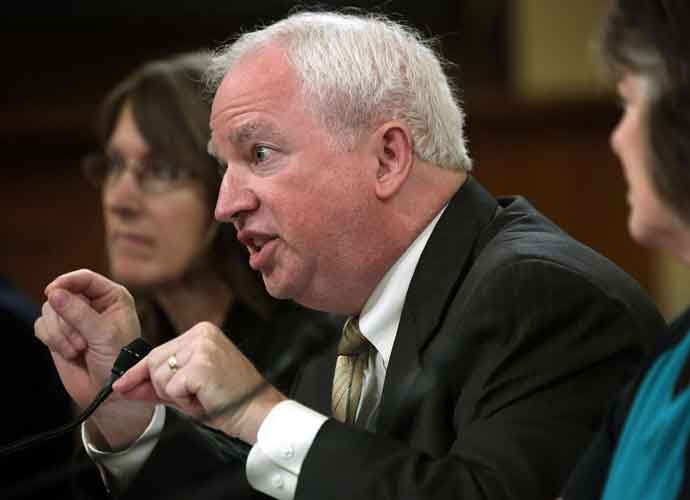Trump Attorney John Eastman Claims He Was Dropped By Two Banks Due To His Association With January 6 & Former President
John Eastman, formerly an attorney for Donald Trump, claimed he was dropped by two banks, Bank of America and USAA, in several months due to his association with the former president and role in the January 6, 2021, Capitol riot.
So-called “de-banking” is a phenomenon in which financial institutions deny services to targets of political activism, usually conservatives.
These actions were taken amid intense backlash against his work advising Trump in the 2020 election, in which he promoted false claims of election rigging that lacked evidence and any legal basis.
Eastman claimed that he had shifted most of his banking activities to USAA, a financial services provider dedicated exclusively to military veterans and their families, due to his dissatisfaction with Bank of America’s “wokeness.” Both institutions are federally insured, and Bank of America received billions of dollars in taxpayer funds during the global financial crisis.
Bank of America mailed Eastman in September 2023 to inform him that his accounts would be closed. Shortly after, USAA notified Eastman in November that his two bank accounts would be closed. The closure of his USAA accounts, where his automatic payments and deposits were handled, forced Eastman to open a new bank account and transfer all his financial transactions.
Eastman received the notice of account closure from USAA on November 20, 2023, just weeks after a California judge preliminarily found him to have committed ethics violations in a state bar disciplinary case.
USAA justified its decision to sever banking ties with Eastman by citing the “Depository Agreement,” which grants the bank the right to terminate accounts without prior notice. The agreement allows the bank to demand a minimum of seven days written notice from the account holder if they intend to close their account and withdraw their funds.
Eastman clarified that he used his Bank of America and USAA accounts for personal finances. He and his wife were eligible for USAA accounts due to his father-in-law’s military service in World War II and the Korean War. While they had maintained Bank of America accounts for approximately 40 years, they gradually reduced their usage due to the bank’s perceived “wokeness.”
Despite this, they kept their accounts there for the convenience of physical locations and easy access to ATMs. Around four or five years ago, they opened USAA accounts, making them their primary banking choice.
Neither bank explicitly stated whether the closure of Eastman’s accounts was politically motivated, although Eastman has his suspicions.
“I’m 99.9% confident,” Eastman told The Daily Caller. “What I don’t know is whether they didn’t want to do business with me or whether they didn’t want to continue to be hassled by federal regulators for doing business with me. I don’t know which of those two it is; either one of them is rather despicable.”
RELATED ARTICLES
Get the most-revealing celebrity conversations with the uInterview podcast!









Leave a comment